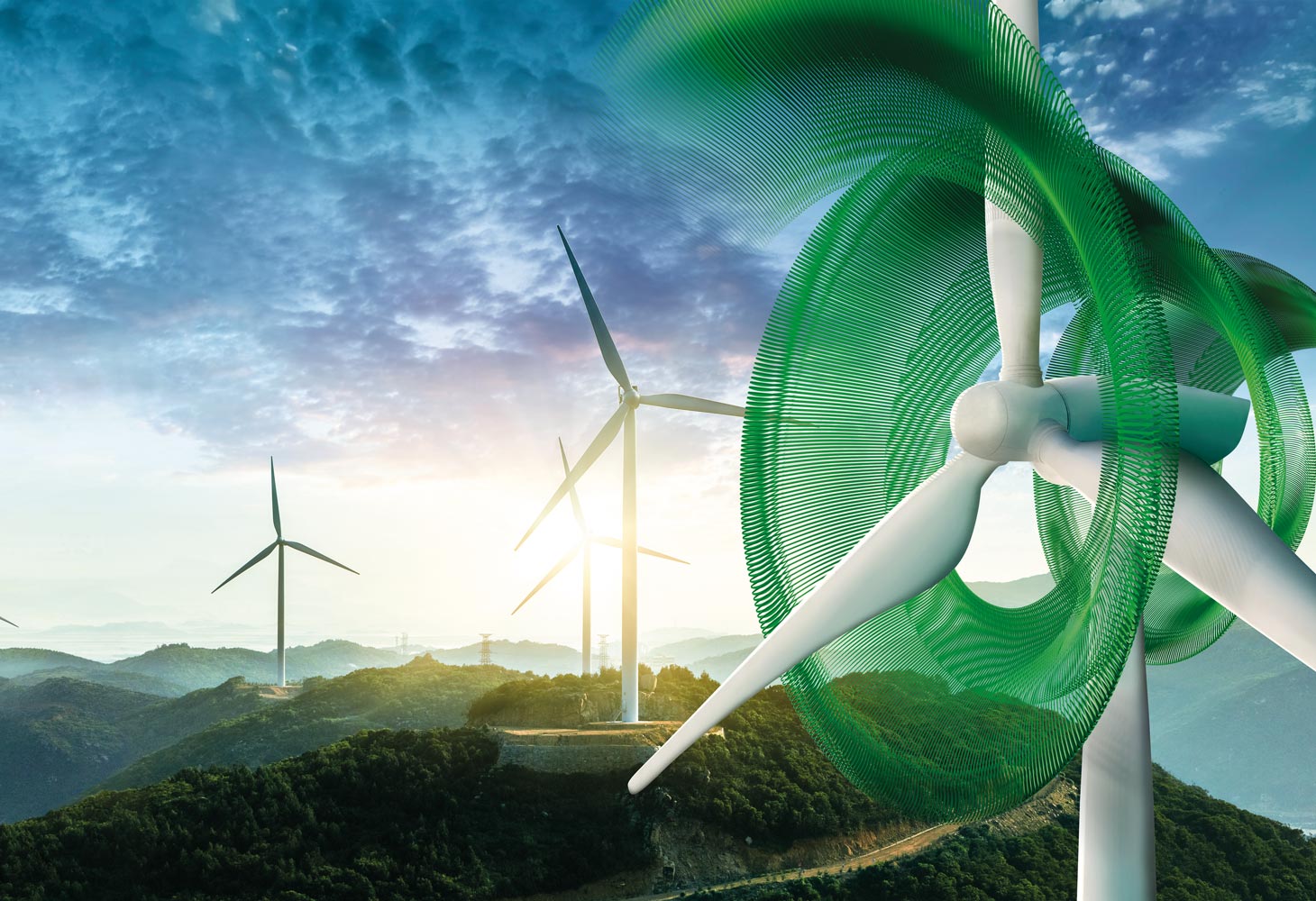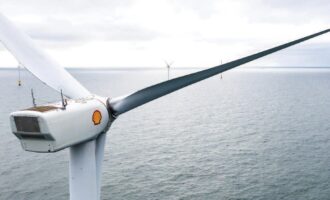
Castrol unveils sustainability strategy
Castrol unveiled its new sustainability strategy, PATH360, on 30 March 2021, just over a year after parent company bp announced its ambition to become a net-zero company by 2050, or sooner. A key component of bp’s net-zero ambition was greater active advocacy for policies that support net-zero and the aim to be recognised as a leader in the transparency of sustainability reporting. The release of Castrol’s sustainability plan seems to be evidence that the subsidiary is continuing to deliver on the British multinational oil and gas company’s aims.
“Our approach is 360-degree, holistic, whole-system thinking,” said Castrol’s senior vice president, Mandhir Singh, in a statement. “We know that many of our customers are looking for more sustainable offers and help with their sustainability goals, and this is what this programme is designed to deliver,” he says.
The strategy outlines three primary areas of focus — reducing carbon, saving waste, and the — somewhat less tangible — improving people’s lives. By 2030, the industrial and automotive lubricants company aims to deliver a 50% cut in the net carbon intensity of its products, halve its plastic footprint, and to improve lives including by continuing to contribute to carbon-neutral programs around the world. The PATH360 strategy will be reviewed every two years, says Castrol.
During the recently completed Asian Lubricants Industry Association’s (ALIA) Virtual Annual Meeting, Charlotte Kehoe, senior manager, Technology, at Castrol Asia Pacific, emphasised sustainability as a key differentiator. In her opening remarks, Kehoe referenced Larry Fink, BlackRock CEO, in his annual letter to CEOs. “Climate change is a defining factor in a company’s long-term prospects,” she says.
During the development of Castrol’s strategy, the company worked with ERM to understand and manage its sustainability challenges. ERM is a global provider of environmental, health, safety, risk, social consulting, and sustainability-related services. While several oil companies have endured criticism for failing to take responsibility for their entire emissions footprint, Castrol’s assessment of its greenhouse gas inventory includes scope one, two, and three emissions. That is, direct emissions from the activities of the organisation, indirect emissions created during the production of energy used by the organisation, and emissions from the use of Castrol’s products.
The PATH360 document highlighted six guiding principles the company says will help deliver its 2030 objectives. “Think circular” is to ensure Castrol considers the carbon profile of products from cradle to grave. Castrol asserts it has identified carbon reduction enablers across entire product lifecycles. According to the strategy document, the principle of “lower carbon design” will be embedded in Castrol’s decision-making processes moving forward, with a “carbon neutral” guideline helping lower the net intensity of Castrol products. Castrol will continue to pioneer efficient performance to help its customers achieve their own sustainability goals under the guiding principle of “customer solutions,” it says. The principle of “advancing the transition” will recognise the part new sectors such as e-mobility, wind, and solar will play. The final guiding principle is “improving lives.”
Castrol’s strategy emphasises the role of energy efficiency in achieving the company’s objectives. One estimate projected that almost 40% of necessary global greenhouse gas (GHG) reductions can be garnered through efficiency measures. During the ALIA event, Kehoe reiterated the importance of improving efficiency, based on the 2020 bp energy outlook rapid transition scenario, that a fleet of more than one billion internal combustion engines (ICE) and ICE hybrid cars will remain by 2050.
Castrol says it is committed to significantly increasing its carbon-neutral offers. The sustainability document describes the qualifying criteria for products and services to be included in the PATH360 family, with plans to establish a governance process for adding products to the PATH360 line. Acceptance as a PATH360 product is contingent on a product’s ability to demonstrate “better outcomes than competitor or industry benchmarks and thereby contribute towards their user’s sustainability objectives.”
The “customer solutions” qualifying criteria focuses on energy, water, waste, health and environment metrics. A product claiming fuel efficiency performance must pass leading OEM or industry fuel efficiency specifications. Though, a provision is included for products independent of specifications that have been evaluated in non-industry or OEM tests. While providing flexibility, it seems this could leave decision-making somewhat open to interpretation. Viscosity grade is another key performance metric. The qualifying criteria explains that Castrol will determine which grades are considered premium by reviewing lubricant sales in individual markets.
Qualifying products can also qualify by demonstrating their ability to reduce waste through external drain formulations, extended drain interval specifications, extending useful life protection relative to previous benchmarks, and re-use.
Products that exhibit water-saving benefits by assisting customers to reduce overall water demand or reducing water contamination are included in the PATH360 family. Improved biodegradation and reduced bioaccumulation or toxicity can be included in the PATH360 product range and will be assessed in line with the European Ecolabel or OSPAR Convention on the Protection of the Marine Environment of the North East Atlantic.

Kehoe advised ALIA delegates of the pressure companies are facing to move in the right direction. Though, we do not yet understand what the ultimate mode is for sustainability, she says. Castrol’s strategy identifies immediate opportunities in energy efficiency including fuel economy, industrial processes, heating and cooling, and renewable energy.
All products developed specifically to serve electric vehicles and the renewable power sector will be accepted as PATH360 products under the criteria of “advancing transition.” To achieve the qualifying criteria for “lower carbon design,” a product must demonstrate a lifecycle carbon reduction of greater than 10% versus a baseline, with measurement per GHG Protocol. GHG Protocol supplies the world’s most widely used greenhouse gas accounting standards.
Castrol has been undergoing lifecycle assessments on a variety of products since 2014 to calculate emissions from raw material extraction, transport, production emissions, packaging, use, and end of use. Needless to say, carbon emissions are associated with Castrol products throughout their lifecycle. Around 20% of total product volumes sold are currently carbon neutral, claims Castrol.
But are they really? There has been some criticism of companies purchasing carbon credits in exchange for a clear conscience. If we are serious about averting catastrophic planetary changes, trees planted today are not going to [may not?] mature fast enough to satisfy our carbon reduction needs. However, carbon offsetting still plays a vital role during the transition to new energy and technology.
That is why the British company has adopted PAS 2060, an international specification that sets out the requirements for achieving and demonstrating carbon neutrality. This enables Castrol to calculate the carbon profile of a product or service, and develop a carbon reduction plan — including purchasing sufficient carbon offset credits for its carbon neutral products.








